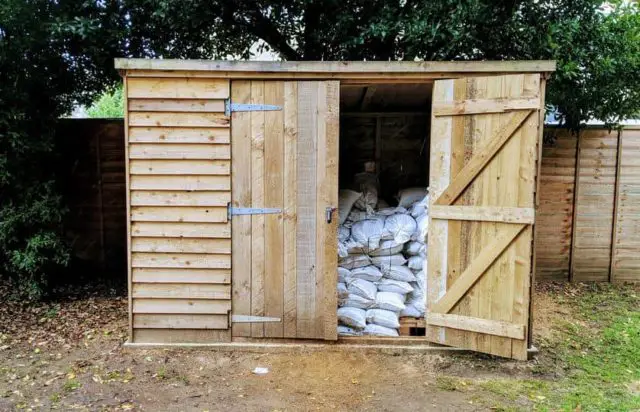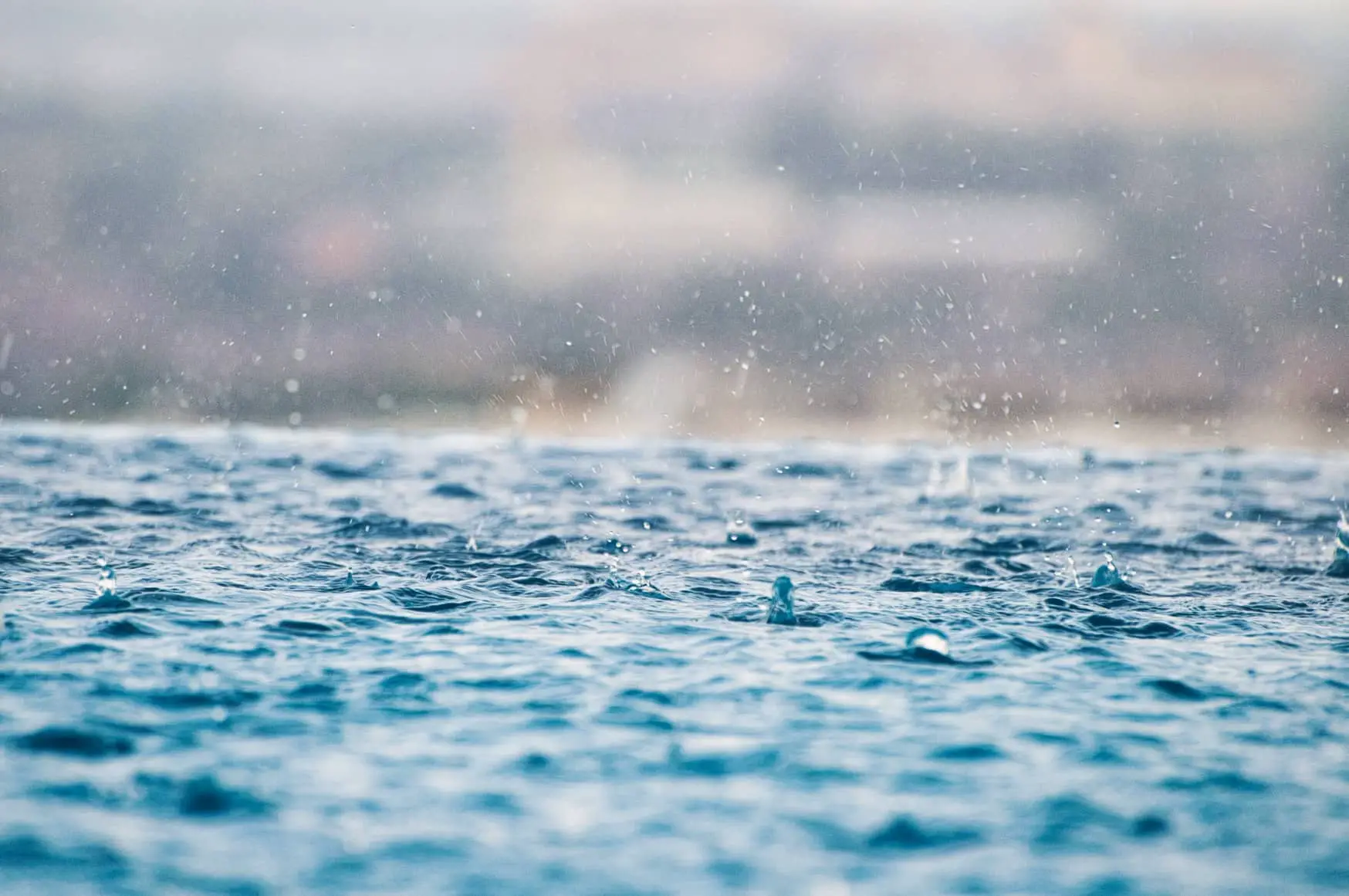With more heavy rain forecast for this weekend, the Isle of Wight Council has moved to provide some helpful advice and guidance for Islanders affected by flooding.
The Met Office has issued a weather warning for strong wind and heavy rain from 1pm until 10pm tomorrow (Saturday).
30 to 40mm of rain
Forecasters say as much as 30 to 40mm of rain could fall over three to six hours in some parts of the south, with a spell of strong southerly winds bringing gusts of around 45 to 55mph inland with 65mph possible along exposed coasts.
A further spell of persistent and heavy rain is currently forecast for Tuesday as well.
When drainage systems are overwhelmed
Though highway drainage systems across the Island are cleansed as required, there are occasions during exceptionally heavy rainfall when these are simply overwhelmed by the volume of water entering them.
In such instances, materials washed into the gullies from adjoining land will also, in many cases, reduce their effectiveness.
The council has issued the following advice and guidance to assist those affected by flooding.
Who to call in the event of a flood
- If you need to be evacuated because of severe flooding or damage, contact the police or dial 999.
- For general issues around flooding, contact the Isle of Wight Council on (01983) 823600 (this also doubles up as the COVID-19 support line).
- If you believe the flooding is from a main river or the sea, contact the Environment Agency on 0345 988 1188. www.environment-agency.gov.uk
- The Environment Agency also provides help on flooding issues via its Floodline: 0345 988 1188.
- To report flooding on the highway or drainage issues, report it online or in an emergency contact Island Roads on (01983) 822440, You can also read more about work to reduce highway flooding here
- Notify Southern Water if flooding affects your mains sewage/public drains by calling 0330 303 0368. www.southernwater.co.uk
- Notify the National Grid to report a gas leak as the result of flooding on 0800 111 999.
- Notify SSE of electrical issues such as power cuts by calling 105.
- For non-emergency calls pertaining to vulnerable older people, call adult services on (01983) 823340 (office hours) or (01983) 821105 (out of hours).
- NHS ‘111’ for non-urgent health concerns.
Other useful contacts
- For adverse weather and flooding guidance, visit the Website.
- The Met Office, 0370 900 0100. www.metoffice.gov.uk
- Island Roads has produced a useful factsheet on flooding which is available online.
- For food safety advice after flooding, including how to make baby food without mains water, contact the Food Standards Agency: 020 7276 8829.
- Trading Standards (01983) 823000. Be wary of cold callers offering services following a flood at your property.
- For more information about the Isle of Wight Trader Approval Scheme, visit the Website.
Think about flooding before it happens
The council or the Environment Agency can tell you about the dangers of flooding where you live.
If available for your neighbourhood, sign up for free flood warning messages from the Environment Agency’s Floodline: 0345 988 1188.
Make a personal ‘flood plan’ for what you will do in a flood. Advice is available online.
Prepare your home in case there is a flood. This includes flood proofing, flood boards and airbrick covers. Advice is available online.
Buy flood insurance to protect your home and your belongings.
Sandbag provision
While it is not the council’s responsibility to protect individual homes or businesses and people are responsible for their own properties, in some emergency situations, the council will instruct Island Roads to position stocks of sandbags at the following strategic locations:
- Well Road, East Cowes.
- Simeon Street Recreation Ground, Ryde.
- St Mary’s car park, Cowes.

Additional sandbag locations may be identified around the Island based on the forecast impacts of flooding and in areas where the Environment Agency has advised there is a potential risk of flooding.
Public health information
In the event of a flood, try to avoid contact with the flood water. Do not drive through flood water and do not let children play in it.
Take care if you must go through flood water as there could be hidden dangers like sharp objects, raised manhole covers and pollution.
When cleaning up after a flood, wear rubber gloves, boots and eye protection, and wash your hands afterwards.
If your home is flooded, do not use petrol or diesel generators indoors to dry out your home. The exhaust gases contain carbon monoxide, which can kill.
For more information, visit the Website.
Dealing with damaged belongings following a flood
- Speak to your insurance company about losses and clean up including the removal of damaged property.
- Bagged flood damaged property can be taken to the tip.
- Larger furniture items may need specialist removal. If this is not covered by property insurance or you do not have insurance any, please contact [email protected] for advice on waste removal.
Drivers are also reminded that driving through floodwater can be extremely dangerous, as it is impossible to see how deep the water is and whether there are any submerged hazards which could damage your car or leave you stranded. It can also cause floodwater to enter people’s properties.
For more useful information, download the PDF.
News shared by Isle of Wight council press office, in their own words. Ed





